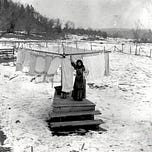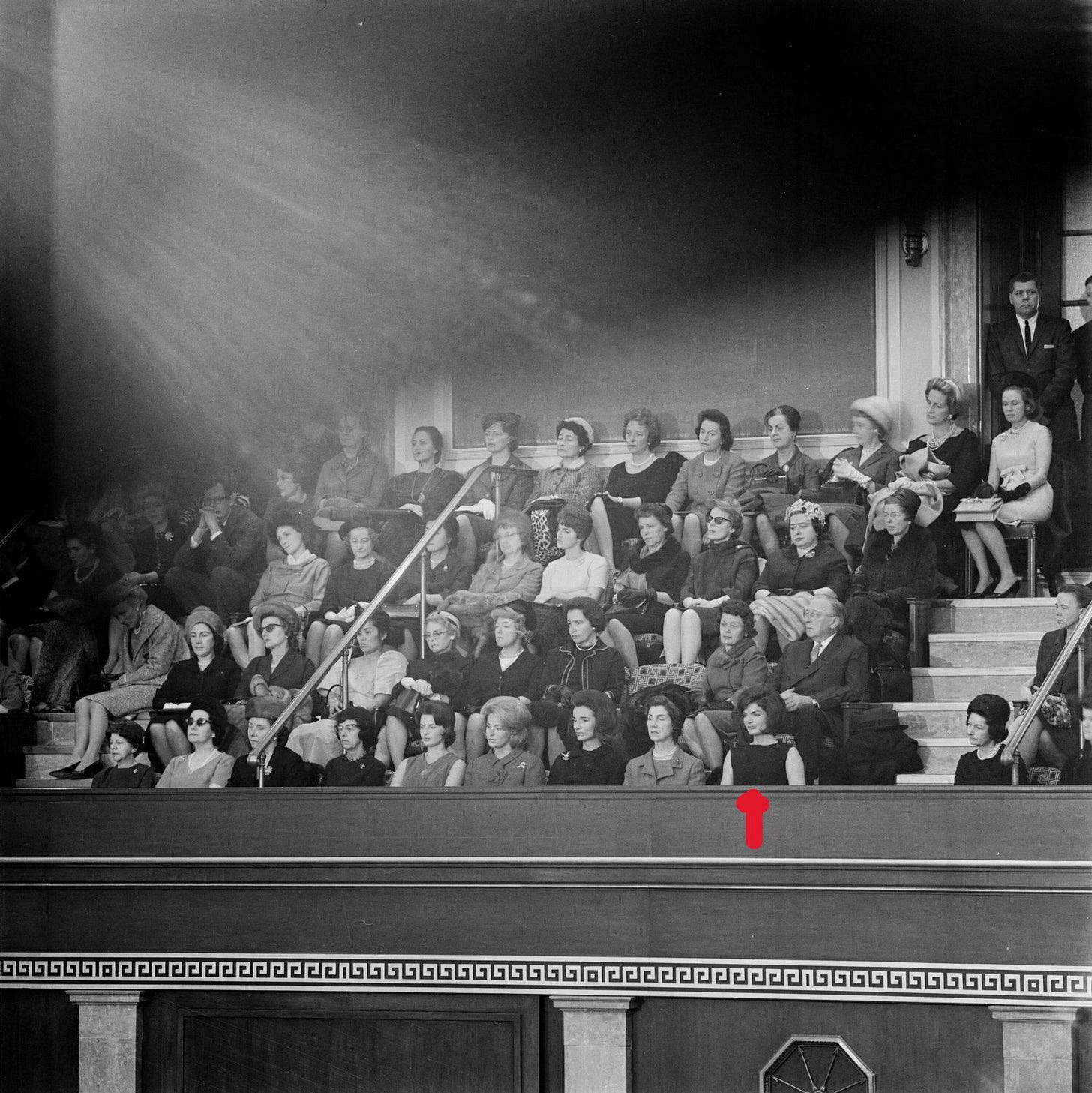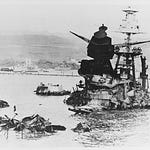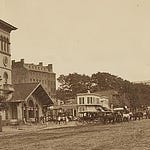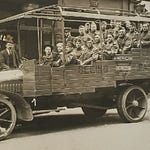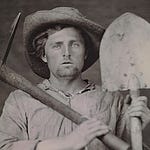It is January 14, 1963.
President Kennedy is in the House Chamber delivering his third, and final, State of the Union Address to a joint session of Congress.
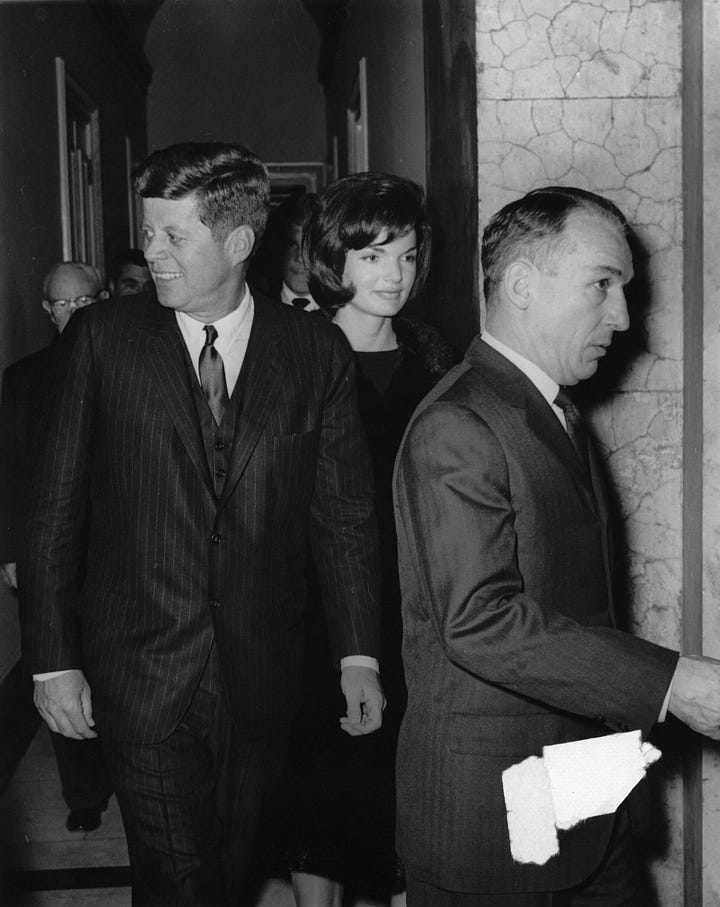
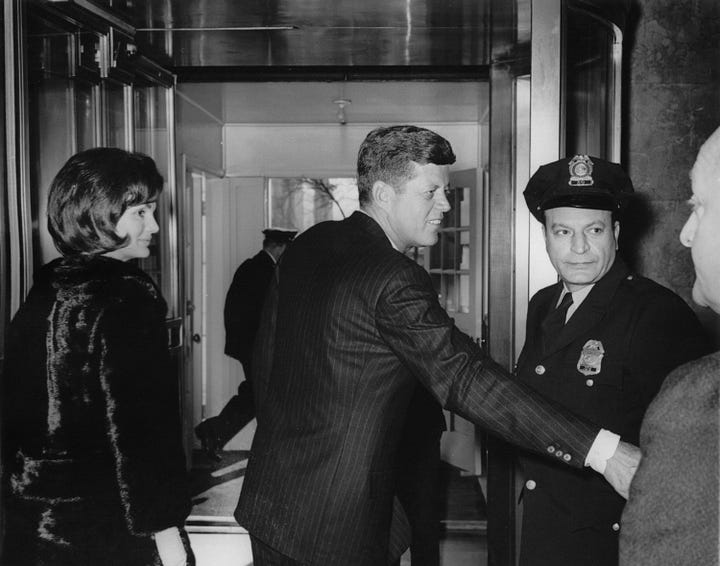
The 1964 election weighs heavy on his mind.
So, in an effort to bolster his political standing, he proposes an aggressive domestic agenda,
coupled with significant reductions in personal and corporate tax rates.
‘Both are needed,’ he said.
‘[T]ax reduction alone is not enough to strengthen our society.’
“This country cannot afford to be materially rich and spiritually poor.”
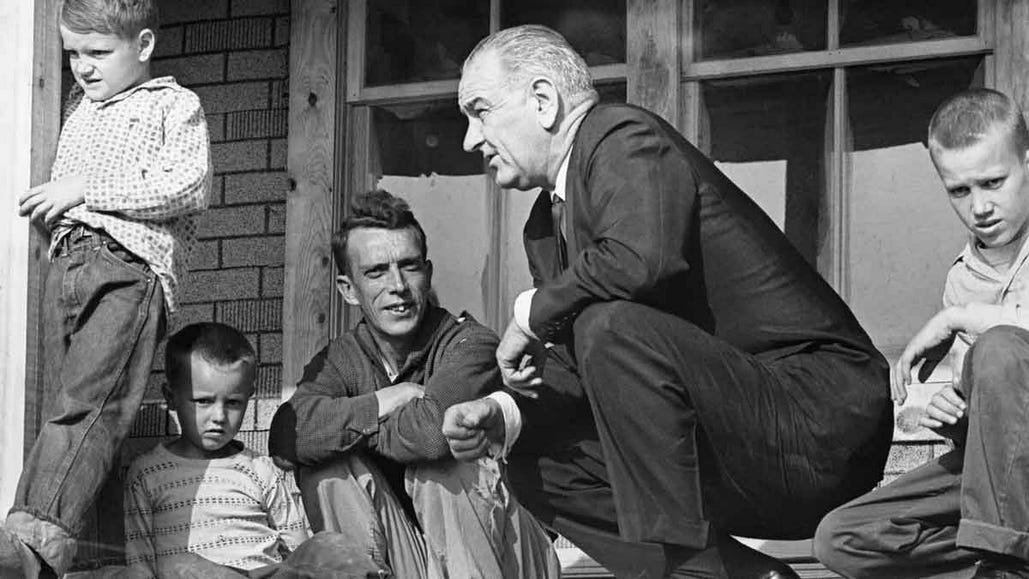
So, Kennedy advocates constraining the cost of existing programs to enable the enactment of significant new initiatives:
— Improving public education and vocational training.
— Creating a domestic version of his Peace Corps.
— Enacting Medicare.
— Expanding medical school capacity to create more doctors.
— Providing indigent criminal defendants with publicly funded lawyers.
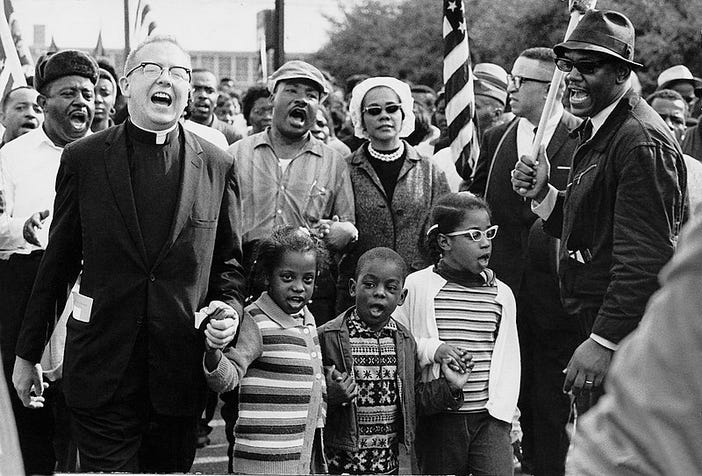
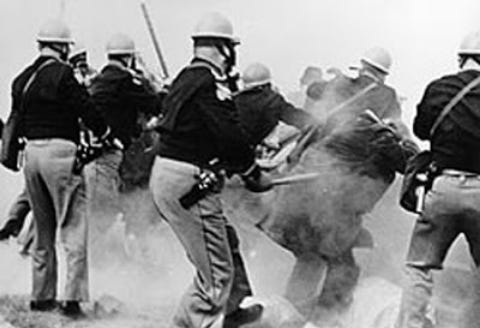
— Eliminating racial discrimination in voting.
— Funding local mass transit.
— Expanding national parks, wildlife and wilderness preserves, and developing water conservation projects.
Why do these things?
To make America great.
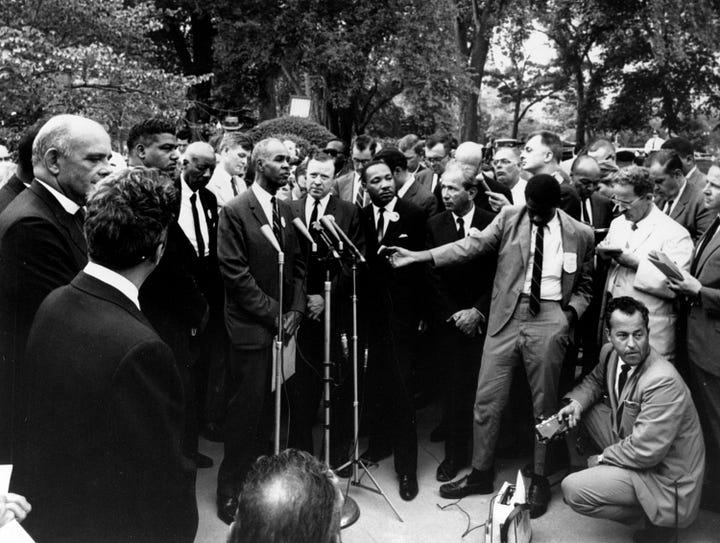
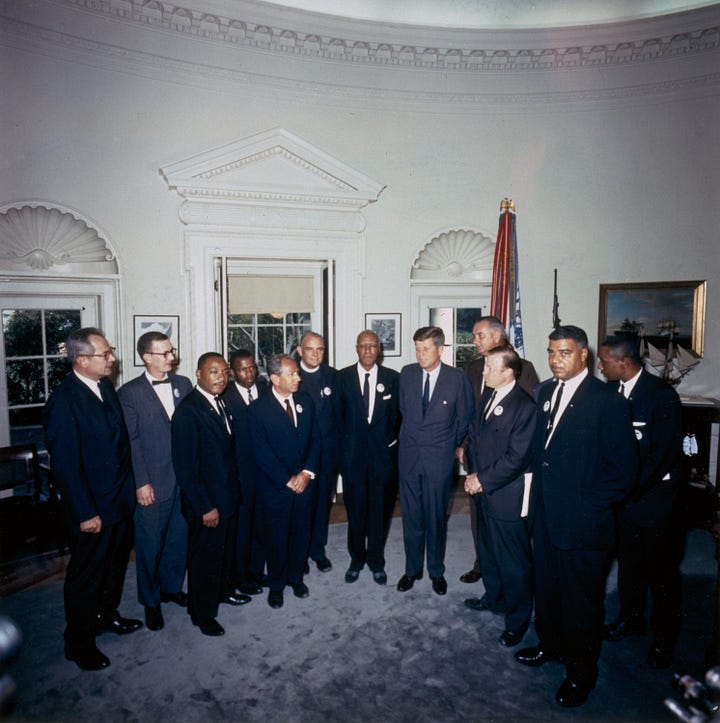
From Kennedy’s address:
“These are not domestic concerns alone.
For upon our achievement of greater vitality and strength here at home
hang our fate and [our] future in the world,
[determining] our ability to sustain and supply
the security of free men and nations,
our ability to command their respect for our leadership,
and our ability to adjust to the changing demands of…
competition and challenge.”
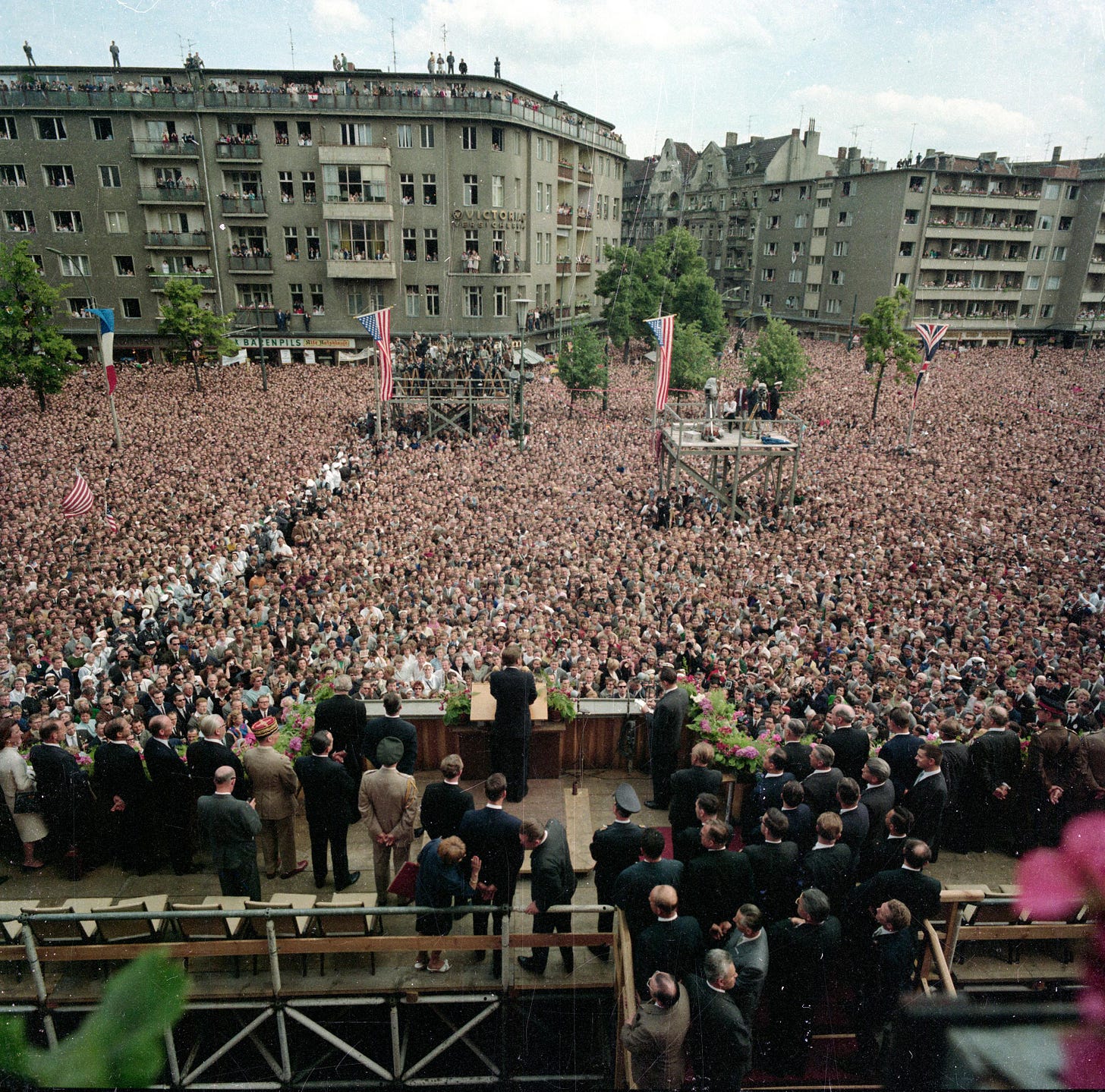
Kennedy’s initiatives will eventually become the law of the land,
bolstering the health and education of the people and removing constraints
on the exercise their constitutional rights.
And most people say these things made the nation stronger.
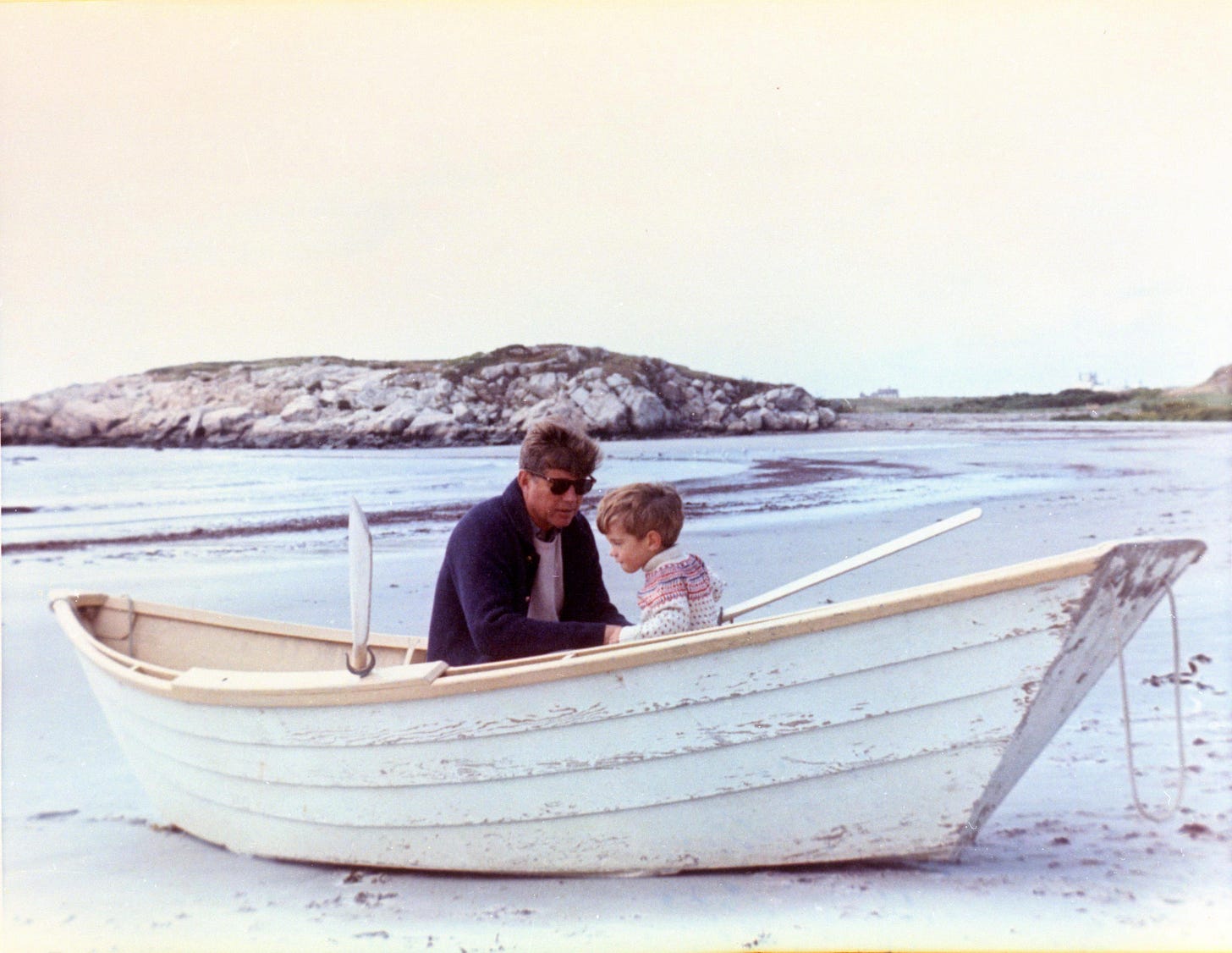
It boils down to how you define national greatness.
The truth is, it’s more than just a money thing.
******************************
I’ll see you tomorrow.
— Brenda


